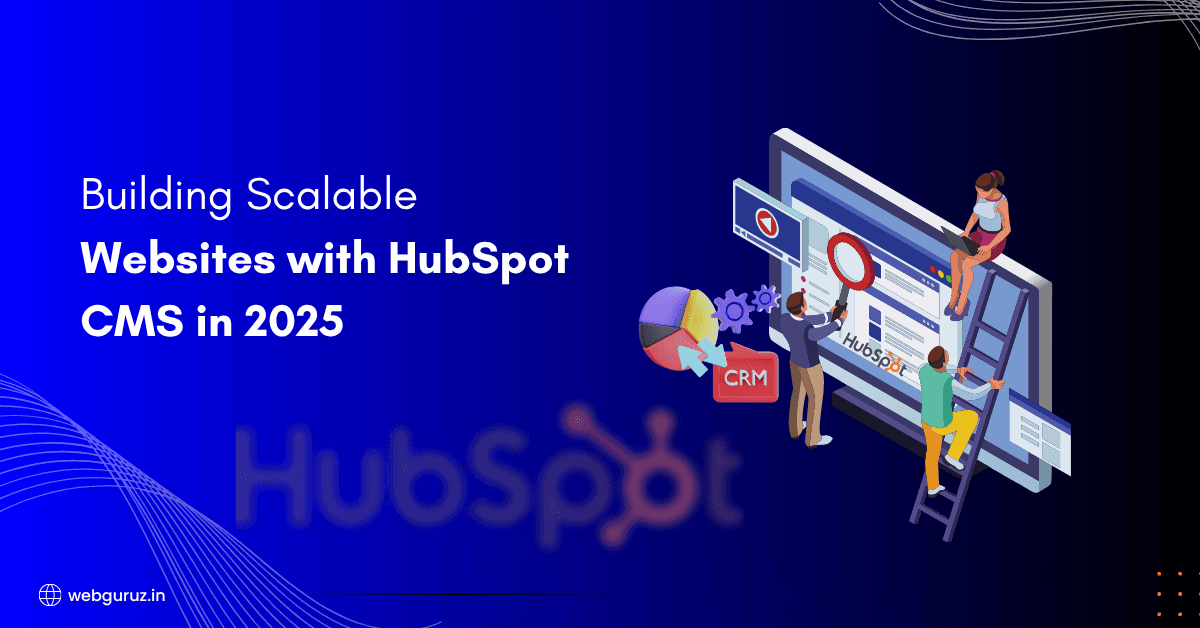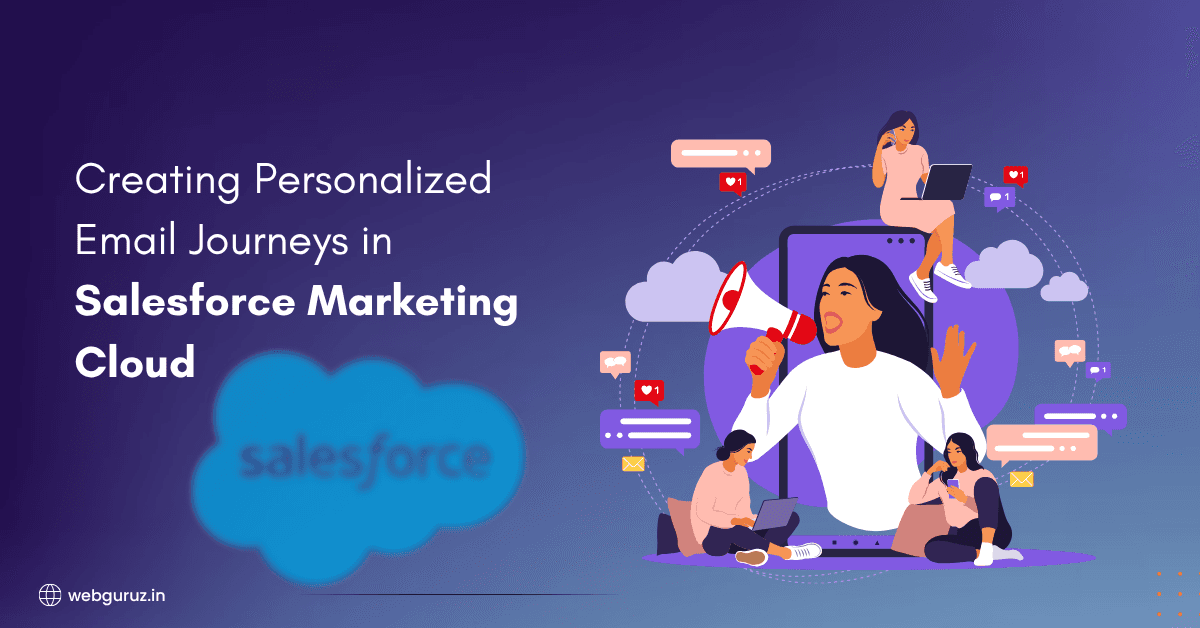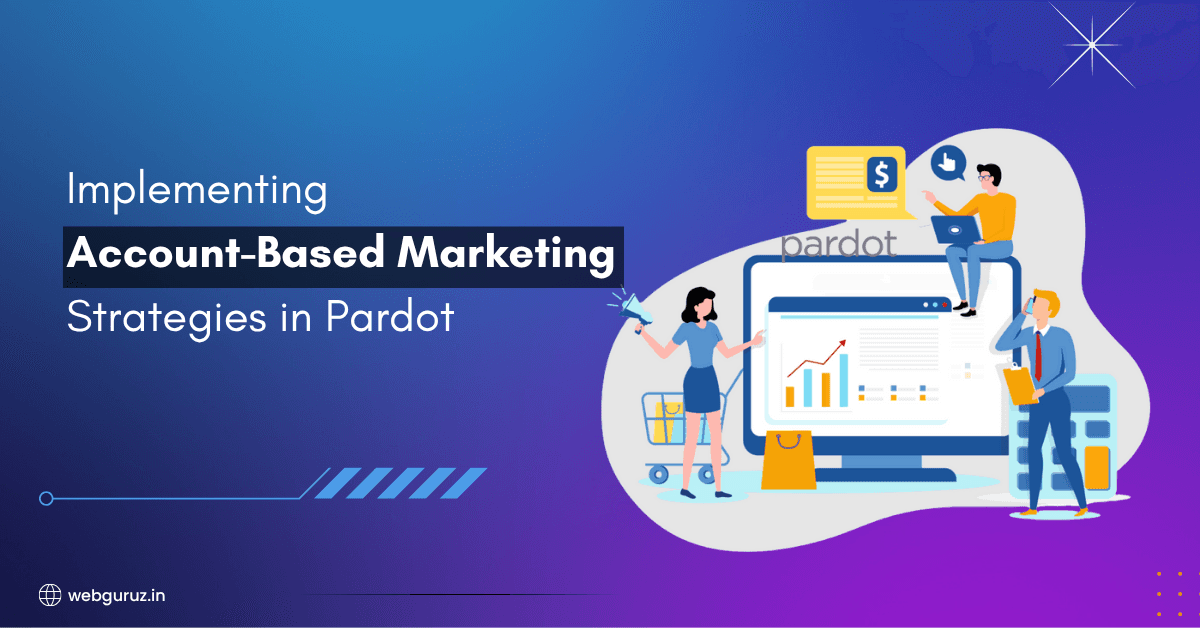Mohit Bhatt
2025-06-20
7 min read
Building Scalable Websites with HubSpot CMS in 2025
Businesses need websites that can grow with them. You know that feeling when your website starts slowing down or breaking when traffic increases? That’s exactly what we want to avoid. …
Read More








